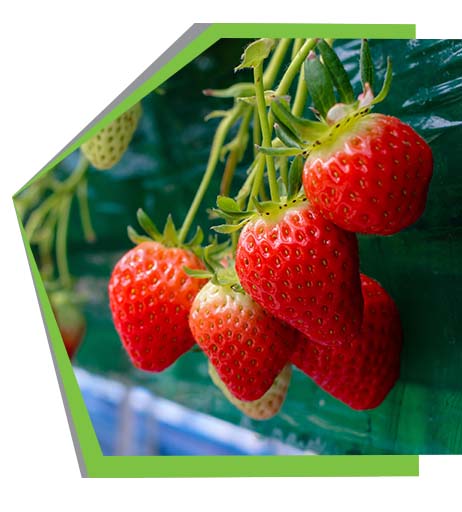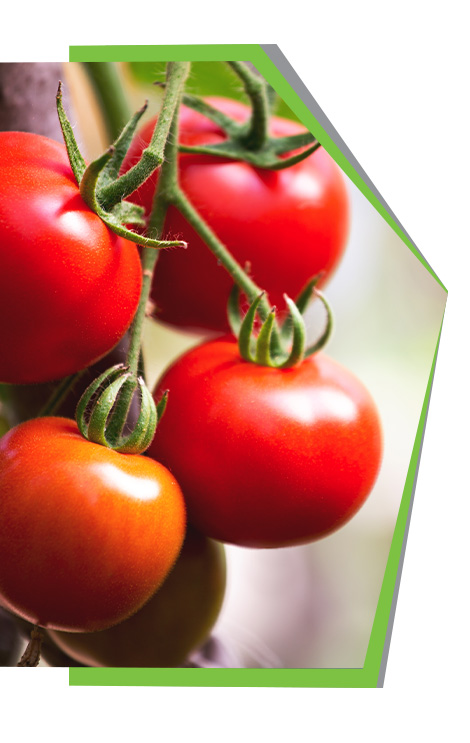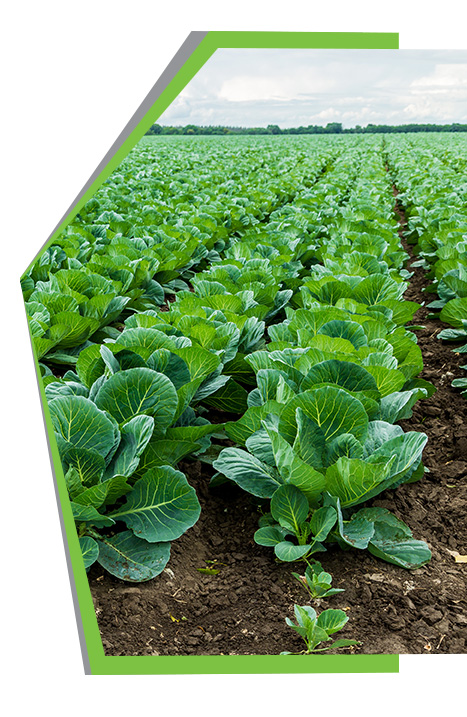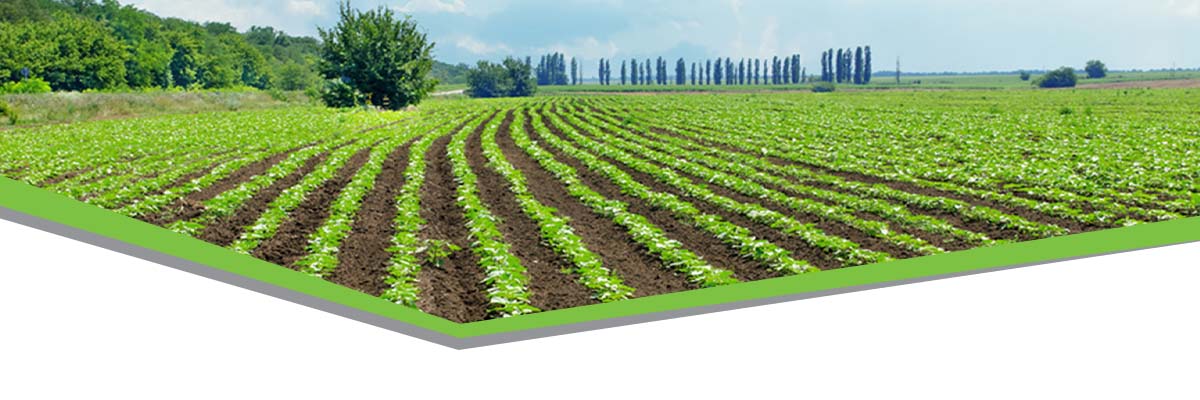
Plant health and plant growth
Plant growth and plant health are inextricably linked. This is because a plant will not grow as fast if it is not in top condition. This is the case, for instance, when plant resistance is low. Thus, farmers and gardeners need to continuously make an effort in order to positively stimulate plant growth and plant health.
Plant health
The health of a plant or crop depends on a variety of factors. Important factors that directly affect the health of a crop include:
- Enhanced fruit quality.
- Mineral balance
- Difference in surface tension
- Composition of microbial soil life
- Calcium


The nutrient uptake is critical for plants to survive and grow. A lack of essential nutrients may affect plant growth and development and even lead to weakened or stressed plants that are susceptible to diseases and pests. Conversely, good nutrient uptake can give rise to healthy, resilient plants with strong growth and high yield. Trace elements are essential nutrients for plants, but they are only needed in small amounts. Measuring trace elements in plants can help determine whether plants are receiving enough such nutrients. This can be measured, for instance, by soil and leaf analysis. Besides, many kinds of stress also contribute to this effect. This may include:
- Chilling stress or heat stress
- Water shortage (drought stress) or abundance of water
- Salt stress
- Abiotic stress tolerance
Plant growth
Biostimulants affect plant growth and plant resistance. They are of natural origin and strengthen the crops. These products stimulate the nutritional processes of plants, regardless of the amount of nutrients they contain. In order to grow into a strong plant, it is important that root growth continues to develop from the sprouting stage so that nutrients can be properly absorbed. The leaf also plays an important role in absorbing minerals via leaf absorption. Often seedlings are used in plant propagation where root development and leaf growth are already a stage further along. In addition, crop leaf cover is an important area of concern to ensure fruit quality.
Jadis Agri offers a wide range of safe additives for the agricultural industry that contribute to a healthy crop environment which supports plant health and growth, namely:


Soil Management
Sustainable agriculture starts with healthy soil. For those concerned with arable farming, it is important to continuously promote soil structure so as to ensure fertile soil. Soil with a good structure, sufficient organic matter, and a flourishing soil life will boost crop productivity. Besides, it also contributes to a healthy water system, soil carbon sequestration, and reduced nutrient leaching. Soil is a complex, microbial living entity that is also extremely vulnerable. Soil health can be severely disrupted by many stressors, such as salt stress or stress from water shortage or abundance.
Soil pH (acidity) is the basic indicator of soil quality. An excessively low pH causes soil compaction and limits the activity of soil life. A neutral soil has an acidity of 7 (pH 7). Acidic soil has a pH between 4 and 6.
Jadis Agri offers a wide range of safe additives for the agricultural industry that have shown to be effective in soil management:

Technical Applications
In order to optimize mixing processes for the agricultural sector, we are offering solutions showing whether any given mixture contains the correct dosage, with homogeneous distribution. Appropriate marking makes it possible to perform analyses to reduce the probabilities of error. Our following product may be of value in this context:
